Projects
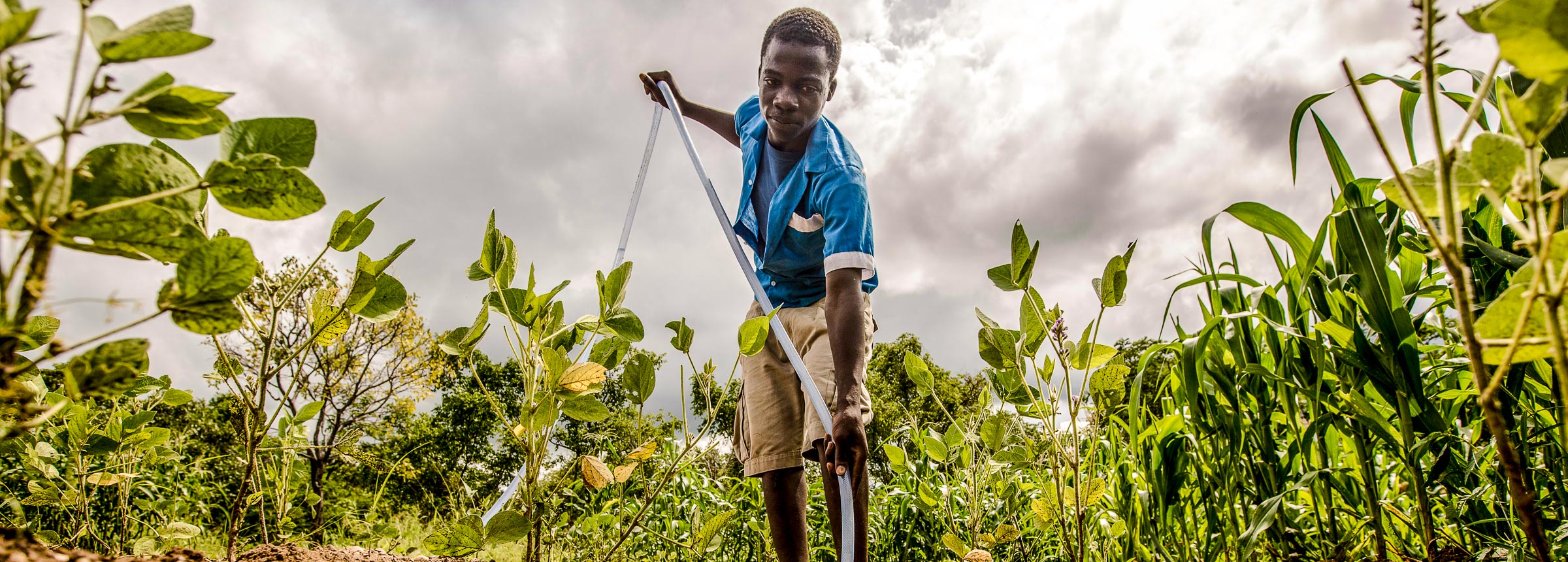
ARISE
Social and economic factors push many children in Africa and Southern Brazil out of classrooms and into tobacco fields and other forms of child labor. This robs children and entire communities of the chance to forge a better future. Building on the initial successes of the Achieving Reduction of Child Labor in Support of Education…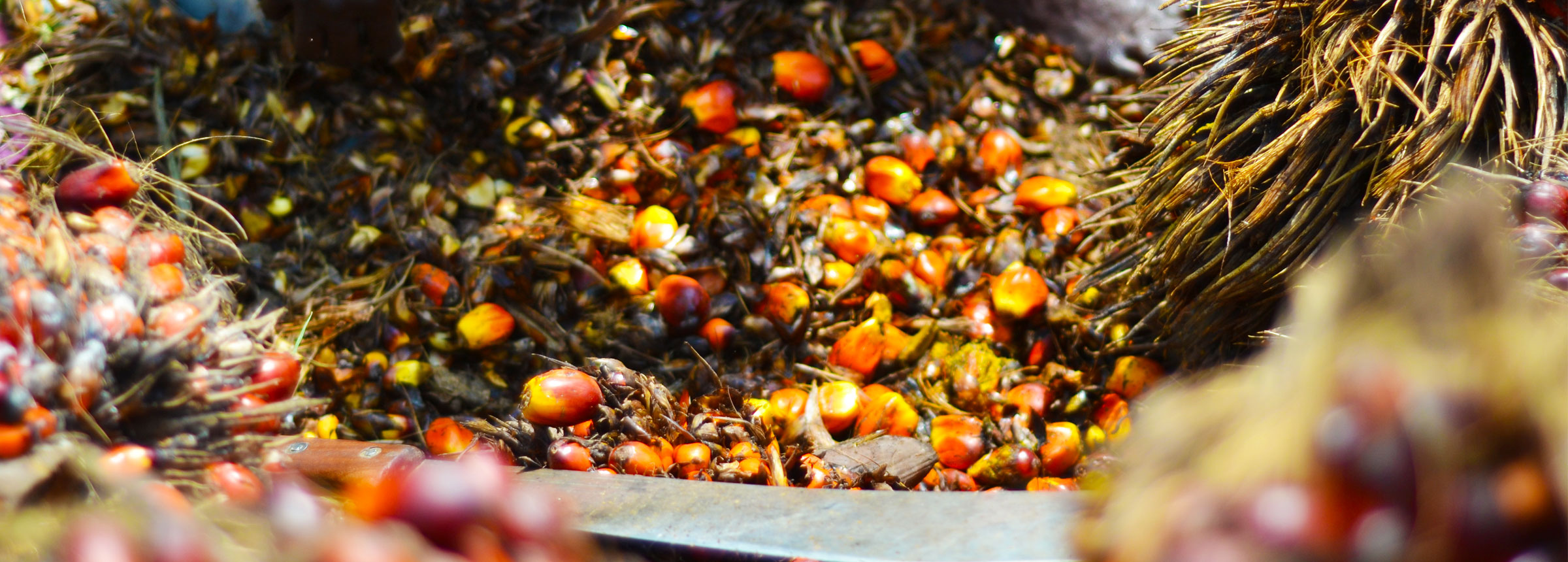
HCS Allometric Equations
There is a measurable impact on greenhouse gas emissions when forests are cut down and replaced with plantations. As a contributor to the High Carbon Stock Study, a sustainability initiative launched by growers, traders and other stakeholders in the palm oil industry, Winrock reviews existing tools and equations used to measure the impact of turning […]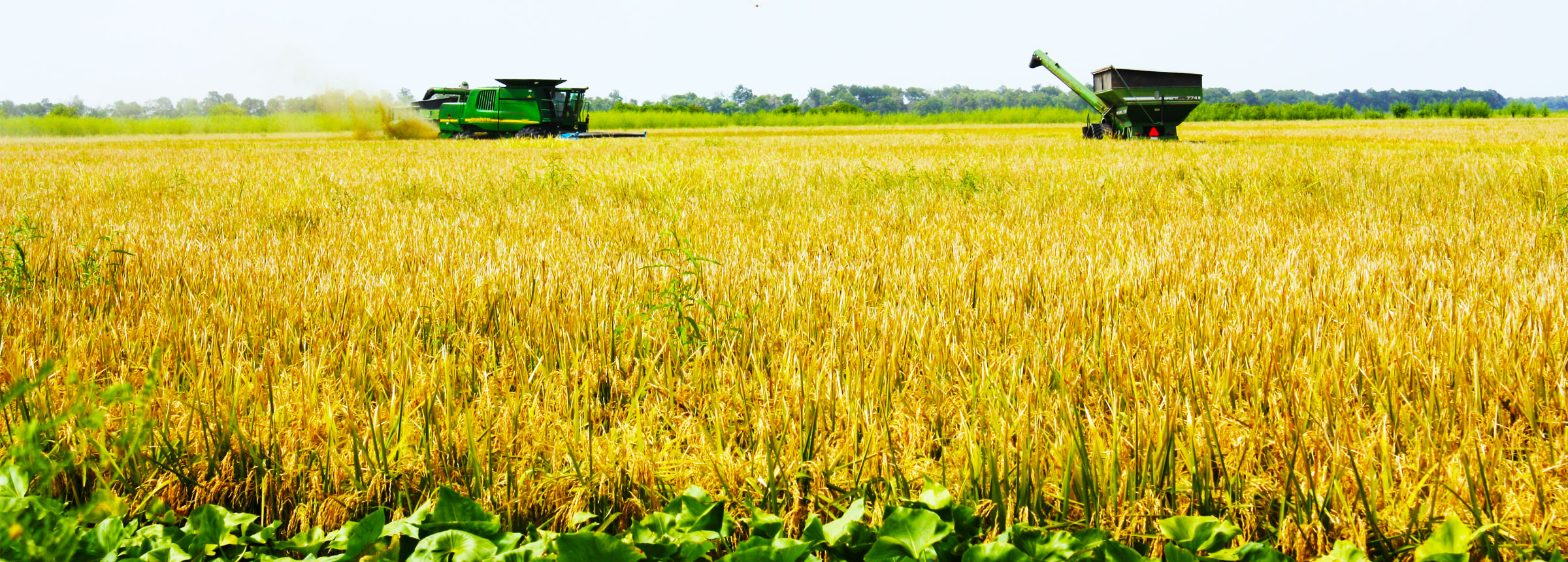
EPA Stratus: Alternative Fuels and Climate Change (TO4)
Transitioning land from forest or grassland to cultivation for biofuels has implications for greenhouse gas emissions. As part of the U.S. Environmental Protection Agency’s (EPA’s) Renewable Fuel Standard 2 rulemaking process, Winrock is responsible for evaluating and analyzing the emissions implications of land conversion taking place around the world as a result of increased demand […]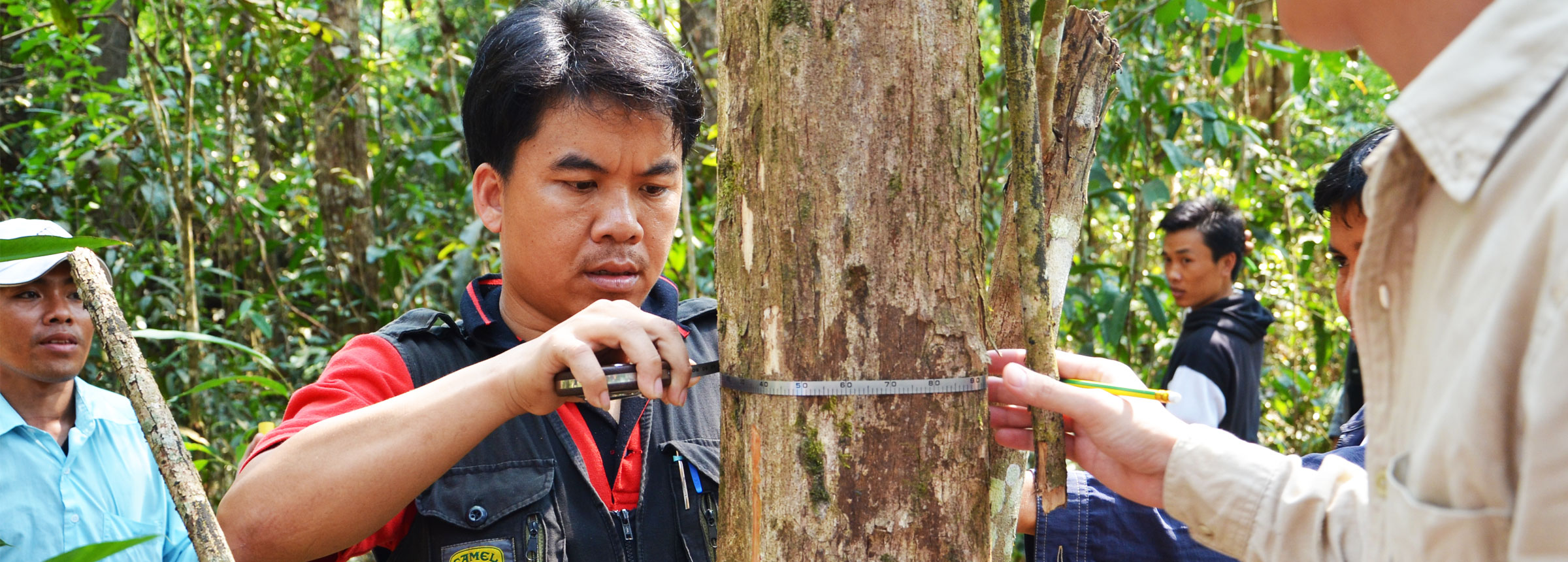
KKC Allometric Equation
Because forests have the capacity to store carbon, land management is a critical tool to address climate change. Fact-based decision making relies on accurate measurement of forest carbon. Winrock has conducted field training and developed a measurement methodology and manual that is being to create the biomass equations necessary to measure forest carbon stocks in […]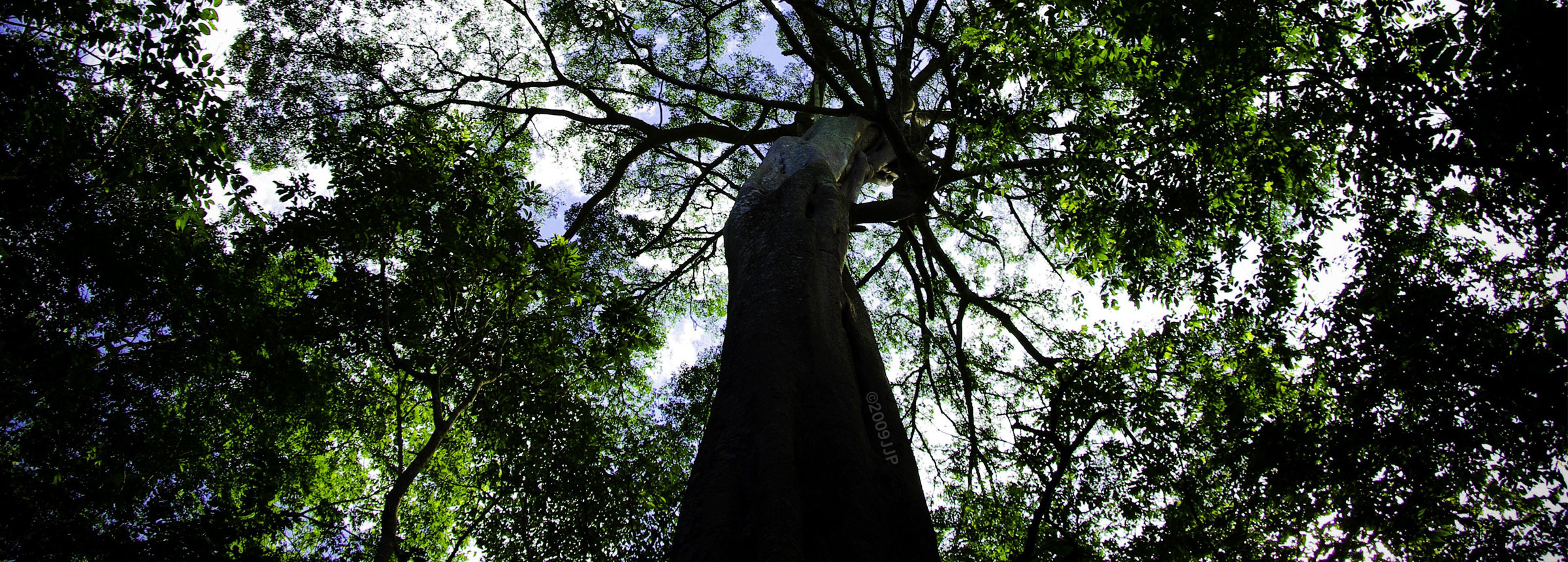
WB Liberia RL
The government of Liberia has embraced Reducing Emissions from Deforestation and Forest Degradation (REDD) as a tool to improve the management of its forests and capture climate finance opportunities that reward conservation. Winrock is assisting the government in its development of a REDD Readiness Program. In particular, Winrock provides training and technical assistance to develop […]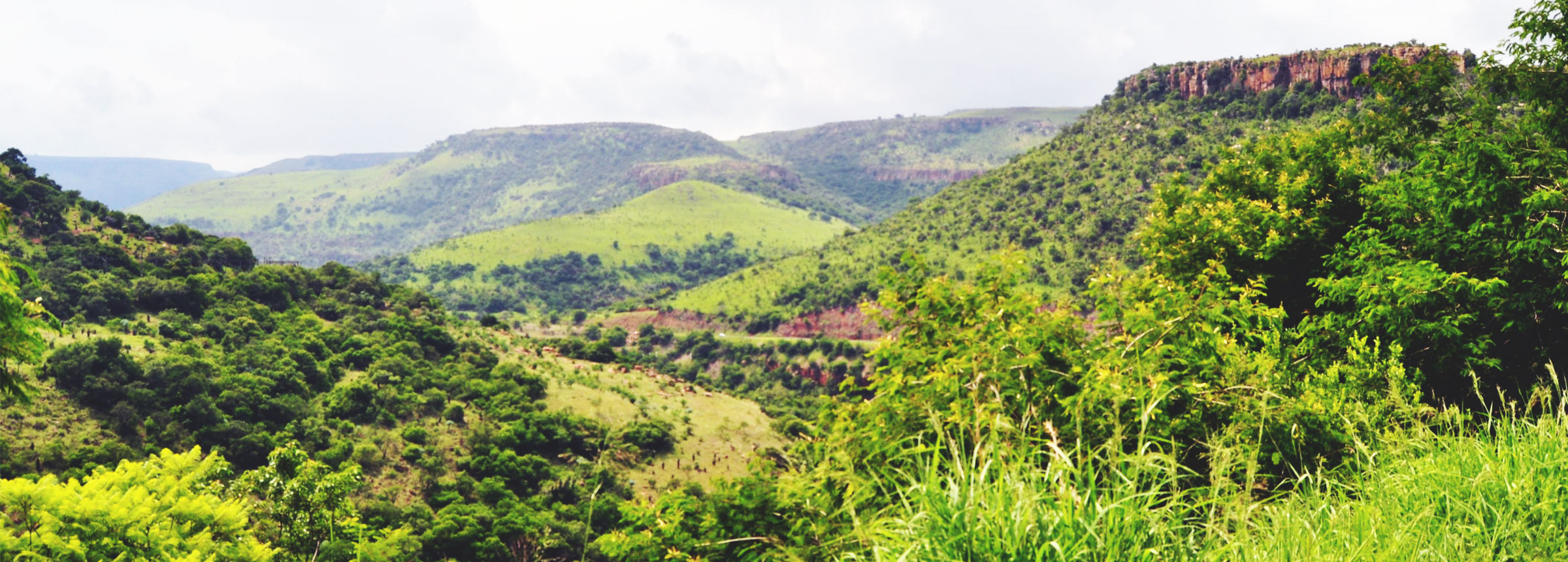
FUNAB WB Mozambique: Technical support for REDD+ Readiness
Like many other developing countries, Mozambique is exploring how it can reduce greenhouse gas emissions related to land use. The country is also eager to participate in global Reducing Emissions from Deforestation and Forest Degradation (REDD+) efforts, which provide countries financial incentives for sustainably managing their forests. As part of that effort, Winrock is providing […]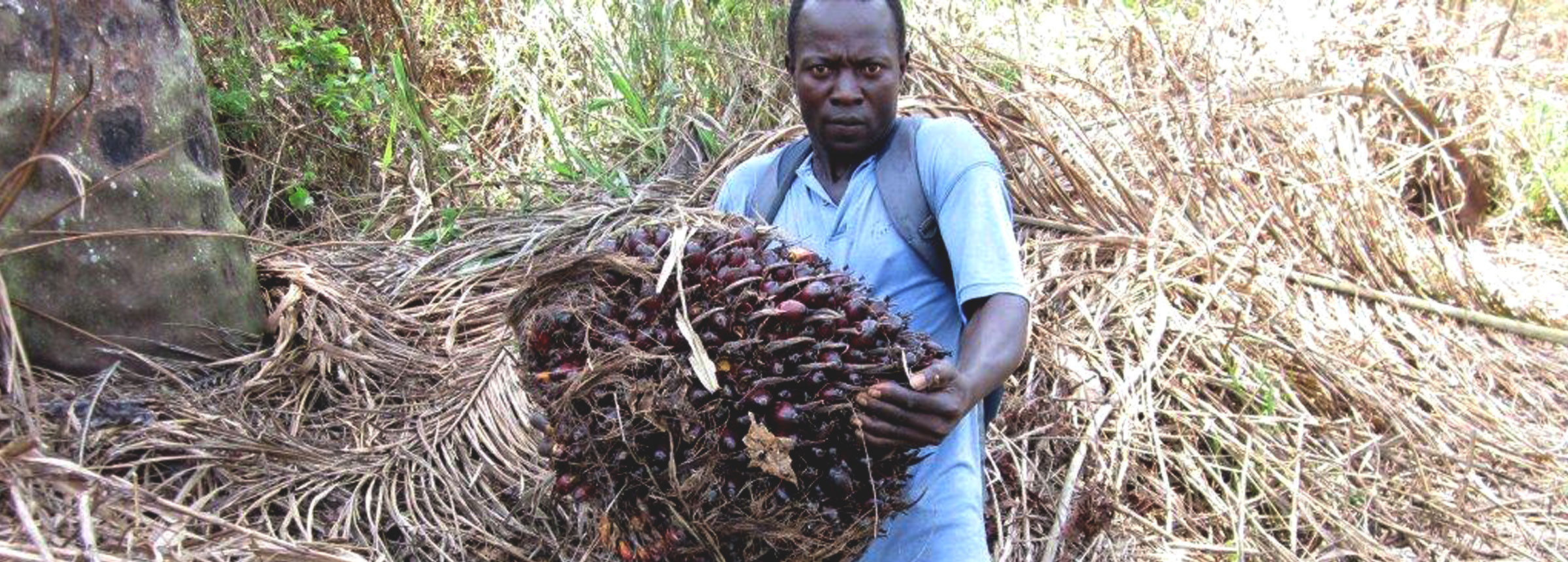
Liberia SHOPS II
The palm oil industry has provided economic opportunity to small farmers in the West African nation of Liberia. To build on the progress and benefit even more smallholders, this program works to open up new markets and expand the products that can be made from oil palms. The project also emphasizes the importance of sustainable […]
Chile ER-Program Tech Assistance
Chile is investigating the role its forests should play in reducing the country’s greenhouse gas emissions. With funding supplied by the World Bank, this program provides technical support to Chile’s National Forestry Commission as it formulates an emissions reduction program.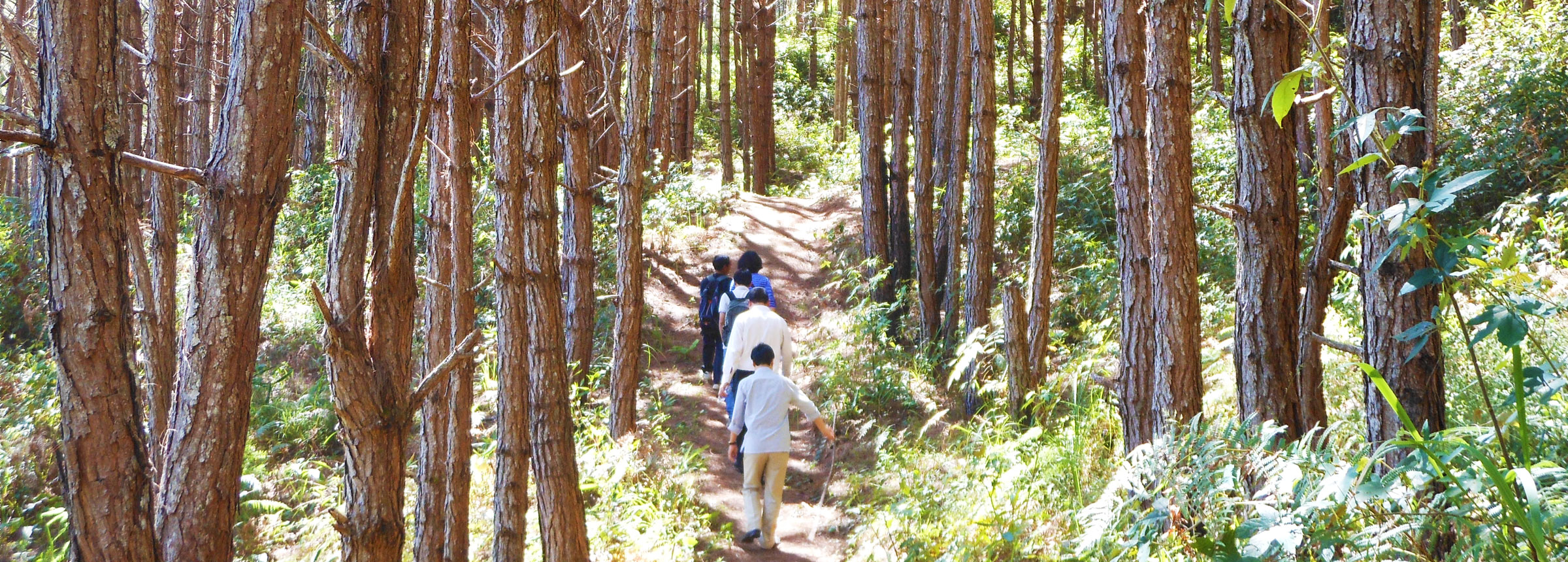
Lowering Emissions in Asia’s Forests (LEAF)
Asia’s forests are a critical economic and environmental resource for its people. Yet logging, farming and other human activities are accelerating deforestation at an alarming rate. This USAID-funded program developed a regional approach that promotes sustainable land use and establishes financial incentives for preserving critical forestland.
